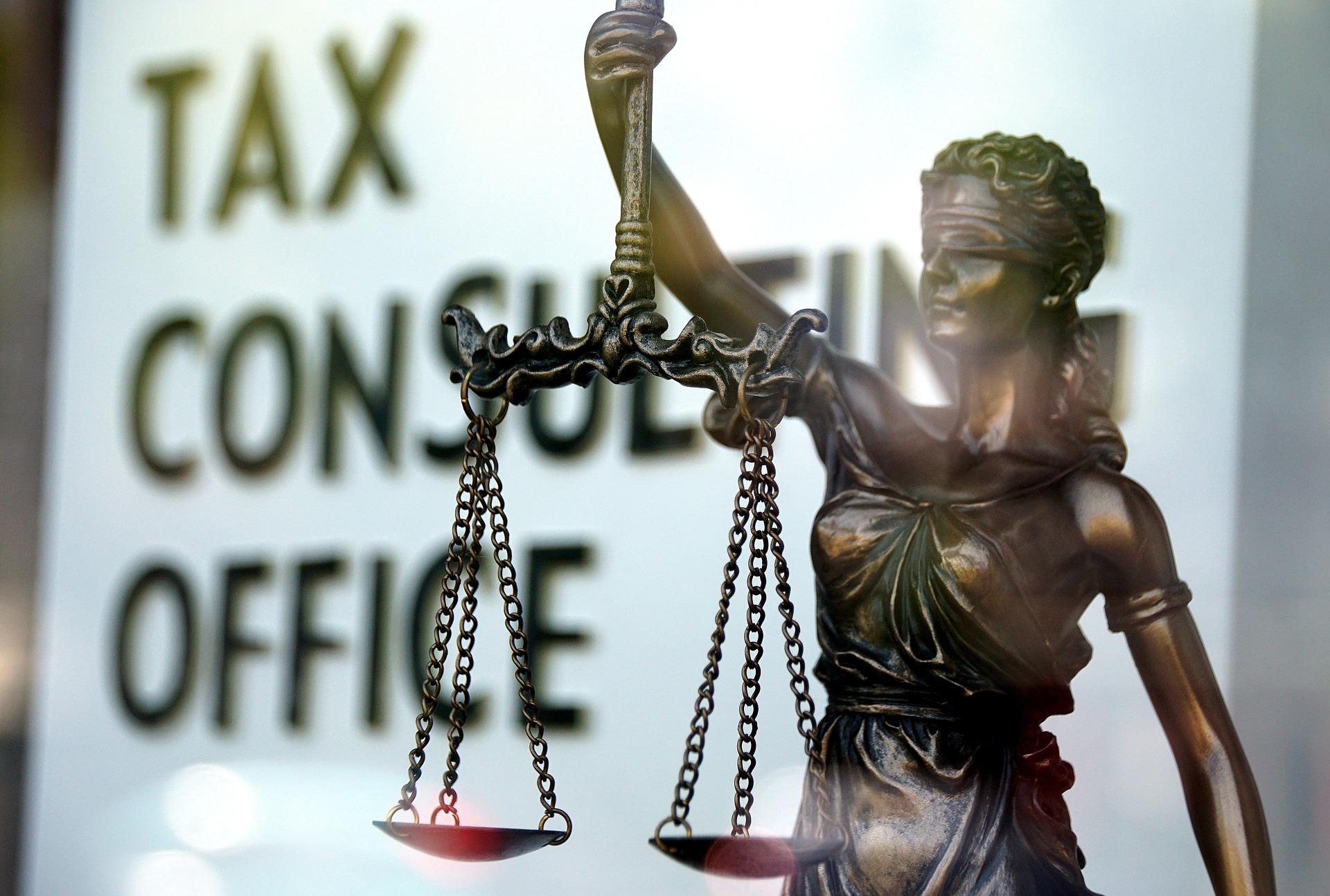Understanding the Role of Judicial Review in Shaping Public Policy
The United States legal system is a complex web of rules, procedures, and principles designed to maintain order and justice in society. Among these principles is the notion of "judicial review," a concept that plays an instrumental role in shaping policy and upholding constitutional law. This article explores the background, current updates, and societal implications of judicial review in U.S. law.

Introduction
Judicial review is a powerful tool wielded by the judiciary, enabling it to examine the constitutionality of legislative and executive actions. This mechanism serves as a balance against potential governmental overreach and is vital for maintaining the rule of law.
The Historical Context of Judicial Review
Judicial review has its origins in the landmark case of Marbury v. Madison in 1803. The U.S. Supreme Court, led by Chief Justice John Marshall, established the principle that the Court had the power to declare acts of Congress and the executive branch unconstitutional. The case set a precedent, granting the judiciary an active role in interpreting the Constitution and assessing the legality of governmental actions.
Judicial Review in Contemporary Legal Landscape
In the modern U.S. legal system, the practice of judicial review remains a significant part of constitutional law. It serves as a key check on the power of the legislative and executive branches, ensuring that all laws and policies align with the Constitution. The Court’s role in this process has been reaffirmed in numerous decisions, solidifying the place of judicial review in American jurisprudence.
The Impact of Judicial Review on Public Policy
The influence of judicial review extends beyond the courtroom. It plays a crucial role in shaping public policy by determining the constitutionality of laws and executive actions. Decisions made through judicial review often have profound effects on society, influencing everything from civil rights and healthcare to environmental policy and national security.
The Implications of Judicial Review
The ramifications of judicial review are far-reaching. By ensuring that all governmental actions comply with the Constitution, it upholds the rule of law and safeguards individual rights. However, it also raises questions about the balance of power among the three branches of government and the judiciary’s role in shaping public policy. These debates continue to shape the discourse around judicial review, attesting to its enduring significance in American law.
Conclusion
Judicial review is a fundamental component of the U.S. legal system, with deep roots in the country’s history and a powerful influence on current public policy. By maintaining a check on the constitutionality of governmental actions, it serves as a guardian of the rule of law and individual rights, while also playing a pivotal role in shaping societal norms and expectations. As such, it remains a vital tool for ensuring justice, democratic integrity, and the preservation of constitutional principles.




